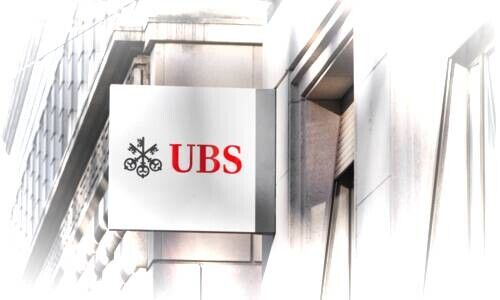Switzerland's largest bank has very ambitious cost savings targets. They look good on paper but could become a burden if the operational side of the business starts to sputter. The next quarterly report will show what is really up to investors.
In the last quarter of 2023, the need to do something in UBS's asset management business became very apparent after the division experienced billions in outflows while posting disappointing earnings.
The speed and the severity of the steps being taken, however, still have the potential to surprise many. According to media reports, there are initial plans to cut more than $300 million in costs, and that move could include getting rid of Swiss jobs.
Possible Integration
Ostensibly, the bank's senior managers are even considering integrating parts of the asset management business division into the Global Wealth Management business, its main core business. That would be a tough call for a division that only recently became one of the top ten fund houses in the world thanks to its takeover of the Credit Suisse business.
But now, with the quarterly results up for release this Tuesday, everyone should be getting the detail they need in that respect.
Pro-active Leadership
In one respect, it is more than clear that management under CEO Sergio Ermotti has to react quickly when things don't go to plan.
The country's largest financial institution has set clear cost-income targets for all its business divisions. But the numbers, and the income from the latter part of the equation, are linked to very large promises to shareholders. UBS's integration of Credit Suisse, once the country's second-largest bank, wants to save about $13 billion in costs by 2026.
Restructuring alone is not going to cut it. The business has to get more efficient. The cost-income ratio figures from the fourth quarter of 2023 show how far away the targets still are. Its core GWM business and the asset management division both need cost-income ratios below 70 percent, while the Swiss private and corporate clients business has to fall to less than 50 percent, all without factoring in integration costs.
Dramatic Earnings Growth
At the end of 2023, GWM's cost-income ratio was 85.6 percent, P&C's 75.6 percent while asset management hovered at 77.7 percent. Beyond that, very importantly, there are now only two years left to get to the finish line.
The inevitable link between earnings and the stated cost targets means that the country's now indisputable number one has to change gears quickly if the business proves disappointing. If the earnings aren't there, costs have to be cut. But the same thing is true in reverse. If costs rise unexpectedly, the business will have to slam the brakes on the income side and cut costs even more harshly.
That means that the asset management business, where costs last year rose by a third, is under the double whammy of stiff earnings and cost pressure.
Billions More
The cost question will continue to haunt the bank as a whole in the medium term. That is because of the current debate underway related to the level of equity it has to keep on the books after the forced rescue of Credit Suisse. The Federal Council report on financial stability released in May provided a picture of what may be in store, with finance minister Karin Keller-Sutter talking about a requirement for an additional 25 billion francs.
UBS chairman Colm Kelleher had clear words for the government's demands at the bank's annual general meeting, saying that not only were they not the right thing to do, but that the group has serious concerns about the envisioned tightening.
Shareholder Scare
There was something he could not say in public. Higher capital makes the bank's business massively more expensive and could even lead to it not being in a position to make its earnings targets.
The market's reaction was harsh afterward. UBS shares fell 10 percent after the government report was published, which is equal to about 8 billion francs in market cap dissolving into thin air. This was the case even though Swiss federal banking regulator Finma has imposed a moratorium on any enhanced equity requirements to the end of 2029.
Escaping the Cost Trap
Shareholders saw only one thing. UBS was a bank that would be saddled with substantially higher capital costs in the future.
On Tuesday, we will see how Ermotti and Kelleher, and the leadership around them, push back against investor fears and find a way to escape from the current cost trap.
































